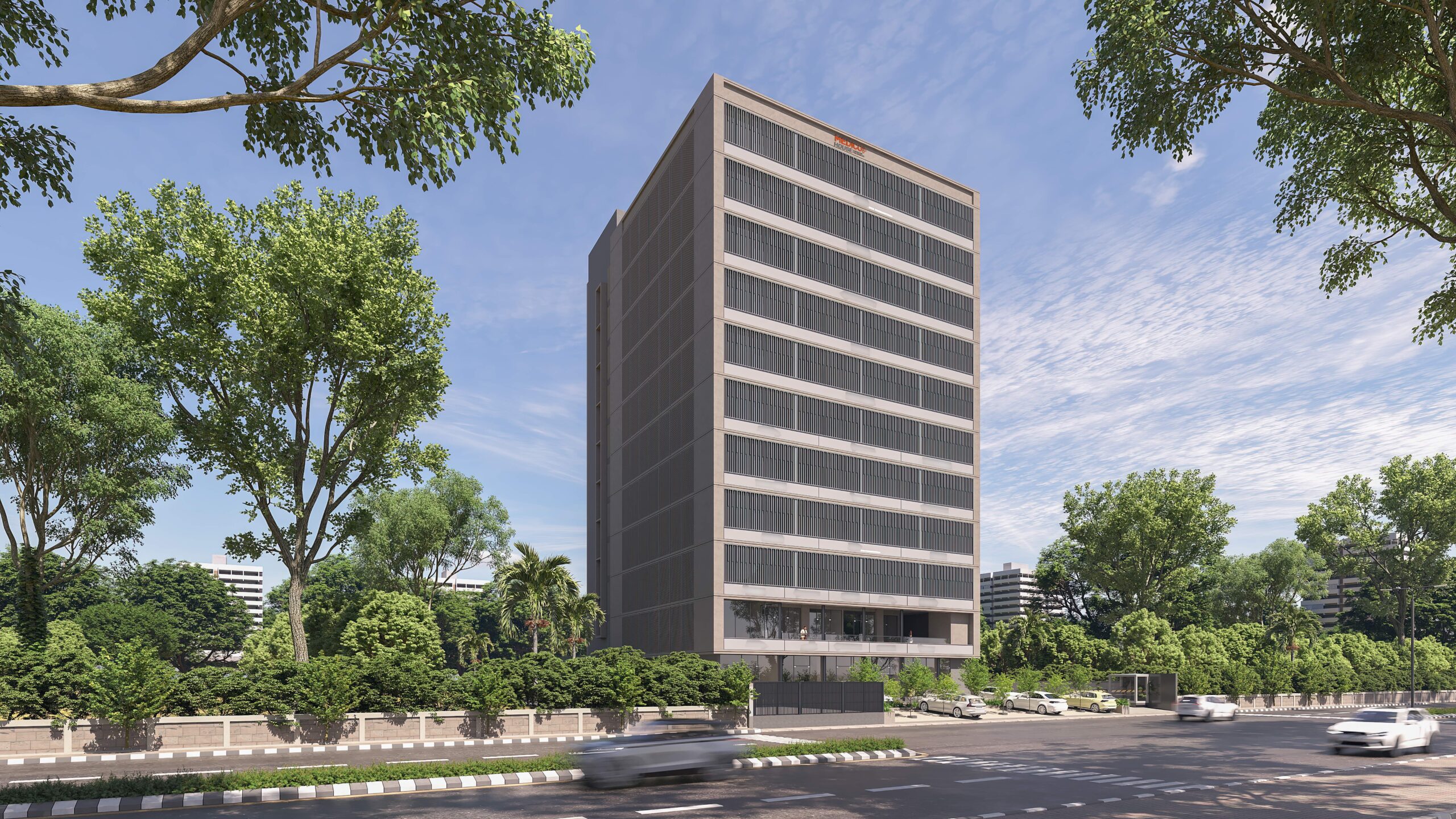The maintenance of commercial buildings involves numerous moving parts, from ensuring the structural integrity of the building to maintaining a clean and secure environment for customers, employees, and guests. A neglected aspect of building maintenance is pest control in Ashburn, VA.
Pests, including rodents or insects, as well as birds can cause serious harm, present health risks, and cause large financial losses if they’re not dealt with appropriately.
This article will look at the reasons why pest control plays a crucial part in the maintenance of commercial properties, the threats that pests bring, and how efficient strategies for managing pests can help to protect reputation and property.
Why Pest Control Matters in Commercial Buildings
Offices, warehouses and retail stores restaurants, provide an environment that could be a magnet for insects. These areas often contain food sources, water sources, and shelter options that pests hunt for. However, without adequate pest control, problems are likely to spread quickly and grow into bigger issues.
Achieving effective pest control is vital due to:
- Protection from Health and Safety: Insects can carry illnesses that could impact the health of customers and employees. Rodents may spread hantavirus as well as Salmonella. Cockroaches can cause asthma as well as allergies, and insects can transmit harmful bacteria. Pest-free environments reduce the likelihood of outbreaks of illness.
- Protection of the Structure of the Building: Certain insects, like termites and carpenter ants, cause direct harm by destroying wooden structures, insulation, and wires. It can force you to repair costs and safety risks, such as electrical fires.
- Protecting the Integrity of Products: Businesses that deal with foods or products that are sensitive to Pests could contaminate products and cause financial loss and a bad image to the company. Even in non-food industries, pests can cause damage to the inventory of office equipment or supplies.
- Legal and Legal and Compliance: Many industries are subject to strict health and safety rules that require pest control measures. Infractions could result in penalties, shutdowns, or even legal actions.
- Maintaining Professional Image: A property that is infested by pests sends an incorrect message to customers and employees, too. It can damage a business’s credibility and the trust of its customers.
Common Pests Found in Commercial Buildings
Knowing the different kinds of pests that usually infest commercial areas can assist in determining efficient control strategies:
- Rodents (Rats and Mice): Rodents (Rats and Mice among the most prevalent creatures. They can eat electrical wiring or insulation as well as walls and drop droppings that can contaminate surfaces.
- Cockroaches: Famous for their toughness, they thrive in damp, warm places like bathrooms, kitchens, and basements. They transmit bacteria and cause allergic reactions.
- Termites: Termites quietly degrade wood by eating the cellulose and compromising the structural integrity, without revealing any immediate signs of damage.
- Ants: Certain species of ants, such as carpenter ants, cause damage to wood, whereas others produce a mess of food and trails.
- Pests and Insects: Other than Flies. The mosquitoes, flies, and gnats are pests and carriers of diseases, especially in areas where food items are prepared or stored.
- Birds: Birds that nest on roofs or building ledges could cause sanitation issues due to feathers and droppings. These could also harm exterior surfaces.
How Pest Control Helps Maintain Commercial
Pest control isn’t just dealing with visible pests, it’s also about stopping pests from infesting and defending your building in the long run. Here’s how expert pest control services can help the maintenance of commercial buildings:
- Regular inspections and monitoring: Pest control companies perform regular pest inspections to identify indications of an infestation prior to it becoming more severe. Monitoring equipment, such as traps and bait stations, can aid in tracking insects and spotting hot spots.
- Integrated Pest Management (IPM): IPM is a holistic strategy that combines multiple strategies, such as sanitation, structure fixes, biological control methods, and restricted pesticide use to control pest populations safely and sustainably.
- Specialized Treatment Plan: Each commercial building is unique. Pest control strategies are customized according to the layout of the building or layout, the industry it is in, and specific dangers to pests. For instance, restaurants need to adhere to greater hygiene and control of pests in comparison to offices.
- Preventative Measures: Effective pest control consists of sealing entry points such as gaps and cracks, eliminating water and food sources, and ensuring the cleanliness of the area to prevent insects from setting up.
- Secure and Environmentally Friendly Solutions: Safe and Environmentally Friendly Solutions Pest control industry is now focusing on the use of environmentally friendly methods and products that reduce dangers to animals and humans while effectively tackling pests.
- In the Event of an Emergency: When pest infestations are detected, Professional pest control firms offer a rapid response to control and eliminate the issue with the least interruption to the business’s operations.
The Financial Benefits of Pest Control
The investment in pest control may appear like an additional cost, but it actually can save money over time:
- Preventing Costly Repairs: Early detection of rodents or termites can help prevent major structural damage.
- Lowering: The cost of health-related costs, reduced sick days, and legal liability from health-related lawsuits translates into more reliable business operations.
- Protection of Equipment and Inventory: Protecting against damage and contamination keeps business assets safe.
- Managing Business Continuity: An insect infestation can cause temporary closures, which can cost customers money and destroy relationships with customers.
Best Practices for Business Owners
Facility managers and owners of businesses should take these steps to ensure efficient pest control:
- Keep Your Property Clean: Regular cleaning and proper disposal of waste minimize the lures.
- Quickly fix Leaks and Structural Problems: Eliminating water sources and sealing holes helps seal entrances for pests.
- Collaborate in Conjunction with Licensed Pest Control Pros: The professionals have the knowledge and equipment to create efficient and safe pest control programs.
- Train Staff: Teaching employees to spot signs of pests and to follow hygiene guidelines aids in preventing them.
- Schedule Regular Inspections: Even if there aren’t any visible pests, regular checks will help you spot potential problems earlier.
Conclusion
Pest control is an essential aspect of keeping commercial buildings clean that is not easy to overlook. In addition to removing unwanted pests and critters, it also safeguards the health of property owners, protects their properties, and ensuring compliance. It also maintains the professional image of a business.
By implementing proactive pest control strategies and partnering with professionals, companies can provide safer, cleaner, and more productive workplaces.
In the end, effective insect control can be the best investment in the long-term viability and longevity of any commercial enterprise.





